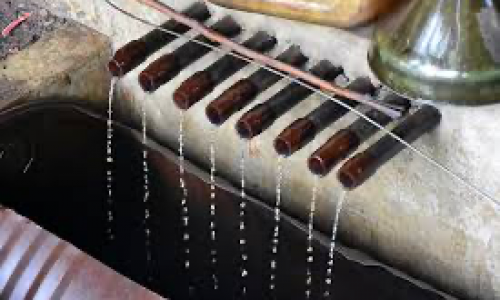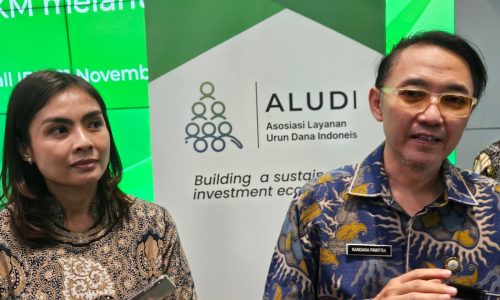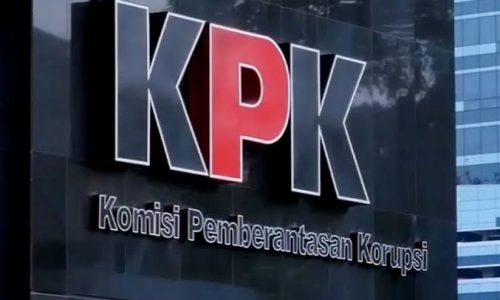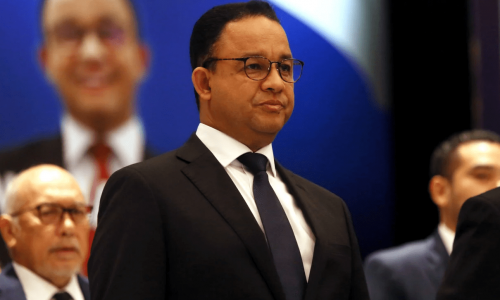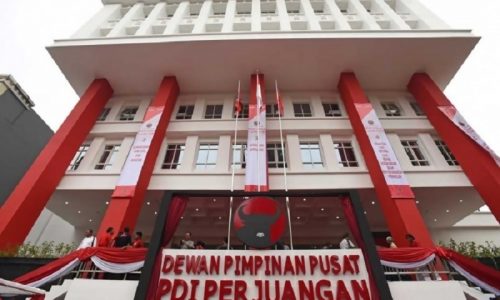The Directorate General of Customs and Excise of the Ministry of Finance is currently investigating the suspected illegal export of 5 million tons of nickel ore to China following recent findings by the Corruption Eradication Commission (KPK). The KPK discovered that illegal export of nickel ore had taken place from January 2020 until June 2022.
Nirwala Dwi Heryanto, Director of Communication and Assistance for Customs and Excise Service User, stated that customs and excise officials had previously thwarted attempts to illegally export 71,000 tons of nickel ore on September 2021.
“Five tons is not a small number. It is suspected that the smuggling had been ongoing from 2020, ever since export of nickel ore and nickel concentrate was banned,” Nirwala said as quoted by CNBC on Monday (26/6).
Smuggling done in stages
Nirwala suspected that the illegal export is done in several stages within the last two years. “It can’t be exported all at once, because even a mother vessel would not be capable [of transporting that much ore],” Nirwala said.
Based on information received from the KPK, the Ministry of Finance, including the Directorate General of Customs and Excise, has conducted analysis on data gathered from the Chinese General Administration of Customs (GACC).
The Directorate General of Customs and Excise claimed that they have identified the perpetrator of the illegal export. The report on the finding is said to be handed over to the KPK.
Nirwala further detailed that the Directorate General of Customs and Excise has obtained 86 Bill of Lading (B/L) that shows the illegal export activity.
However, Nirwala refused to provide details on the names of the individual or entity who committed the illegal export.
Not much of a secret
Meidy Katri Lengkey, Secretary General of the Indonesian Nickel Mining Association (APNI), admitted that APNI had discovered the practice of illegal nickel export even before the KPK and had discussed the issue with the Ministry of Energy and Mineral Resources back in 2022.
Meidy explained that the illegal export of nickel ore, which APNI discovered in the period of 2021 until 2022, was done by manipulating the Harmonized System (HS) code. The illegal export was done under HS code 2604 intended for processed nickel or nickel pig iron (NPI).
Furthermore, he explained that HS code 2604 is supposed to be used for sales conducted by processing companies, not for sales of mining products.
APNI recorded that there were illegal exports of nickel ore amounting to 839,161 tons in 2021, and 1.08 tons in 2022 with a total value of US$54.64 million.
He also added that customs and excise officials should be more careful in issuing sales documents by conducting a more detailed and stringent examination of exported commodities.



